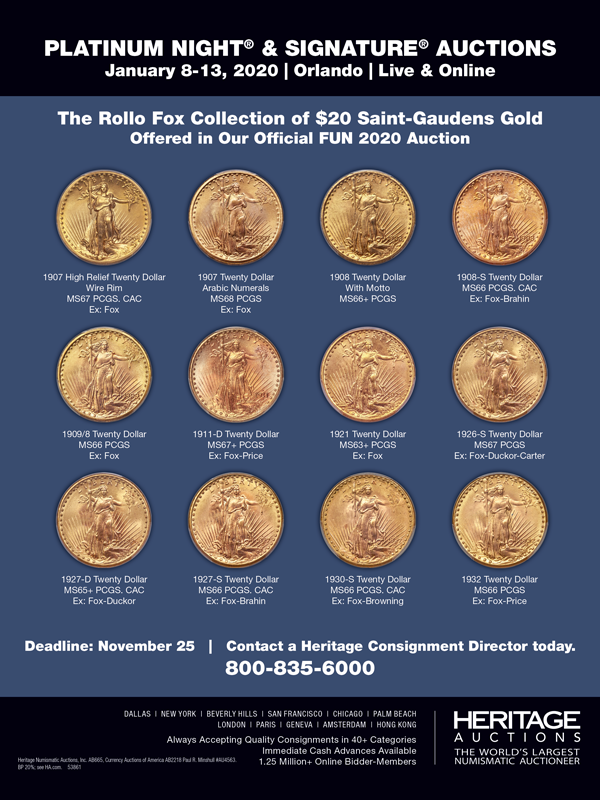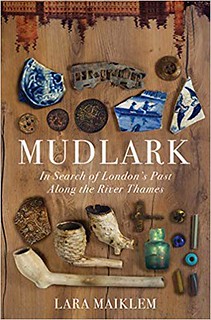
PREV ARTICLE
NEXT ARTICLE
FULL ISSUE
PREV FULL ISSUE
BOOK REVIEW: MUDLARKWe've often discussed the numismatic finds of "mudlarks", the people who comb the banks of London's Thames River in search of old coins, artifacts and other residue of the centuries-old city. Here's an excerpt from a Wall Street Journal review of a new book on these people and their finds. -Editor
If Victorian mudlarking was a matter of miserable necessity, then modern mudlarking, an activity halfway between archaeology and beachcombing, is becoming something of an urban craze. The pastime of hunting for washed-up "treasure" in the muddy flats of the Thames has increased in popularity to the point where entire areas have been left pitted by excavation, and a special license is now needed if you want to use a metal detector or dig below the crust of the mud. Mudlarking even has a literature of its own: Its chroniclers include Simon Wilcox, author of the travelogue "Mudlark River: Down the Thames With a Victorian Map" (2014), and Ted Sandling, whose gorgeously illustrated "London in Fragments: A Mudlark's Treasures" (2016) offers an irresistible introduction to the thrill of the hunt. Enter Lara Maiklem, who has been combing the 95 miles of the foreshore for more than a decade. "Mudlark" is her engrossing front-line report from "a world of escapees and obsessives" who think nothing of scaling the perilous riverside ladders at odd hours, dressed in waterproofs and latex gloves, on the lookout for whatever traces of the past the river might spit up. Usually these are "the tiniest of objects": "buttons that burst off waistcoats long ago, rings that slipped from fingers, buckles that are all that's left of a shoe." These are the personal possessions, as she enthuses, of ordinary people—"each small piece a key to another world and a direct link to long-forgotten lives." Until the mid-20th century such fragments were regarded as mere bric-a-brac, or history out of context at best. Today, however, the foreshore is acknowledged as an important archaeological site. Thames mud is a remarkable preservative. It is anaerobic, which means it lacks oxygen, so that materials that would normally perish—wood, leather, iron and fabric—emerge from it looking just as they did when they fell into the river. Ms. Maiklem takes us on a tour of the city's "riverine history book" that follows the eastward passage of the Thames itself, from its tidal head at Teddington to its confluence with the North Sea at the Estuary. It's a riveting crash course not only in the history of London from prehistoric times to the present, but also in urban geography and how to read a living environment from organic clues. To read the complete article, see:
For more information, or to order on Amazon, see:
 Wayne Homren, Editor The Numismatic Bibliomania Society is a non-profit organization promoting numismatic literature. See our web site at coinbooks.org. To submit items for publication in The E-Sylum, write to the Editor at this address: whomren@gmail.com To subscribe go to: https://my.binhost.com/lists/listinfo/esylum All Rights Reserved. NBS Home Page Contact the NBS webmaster 
|
